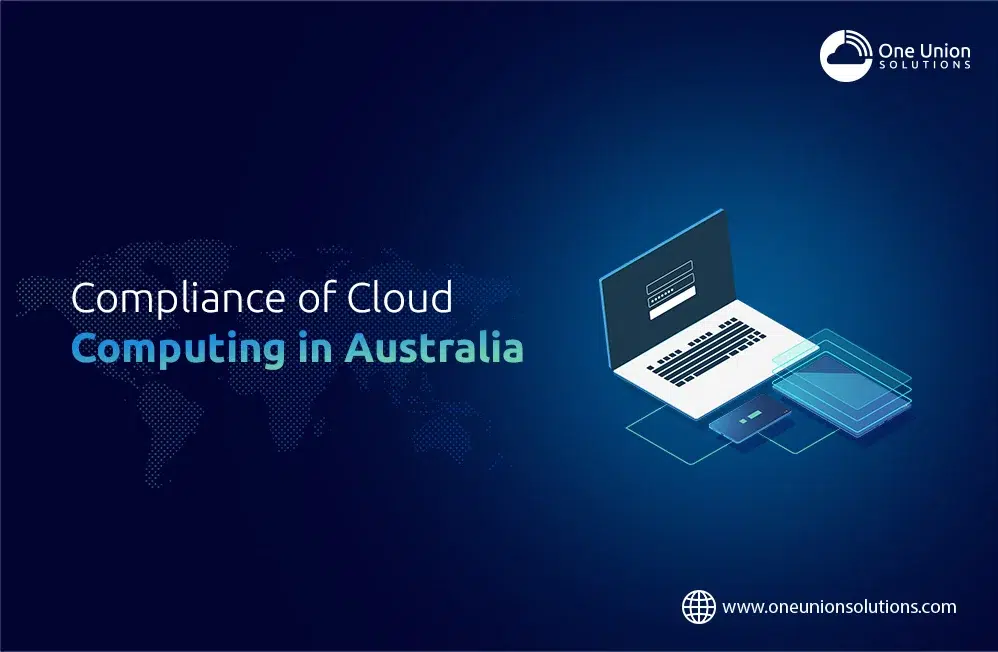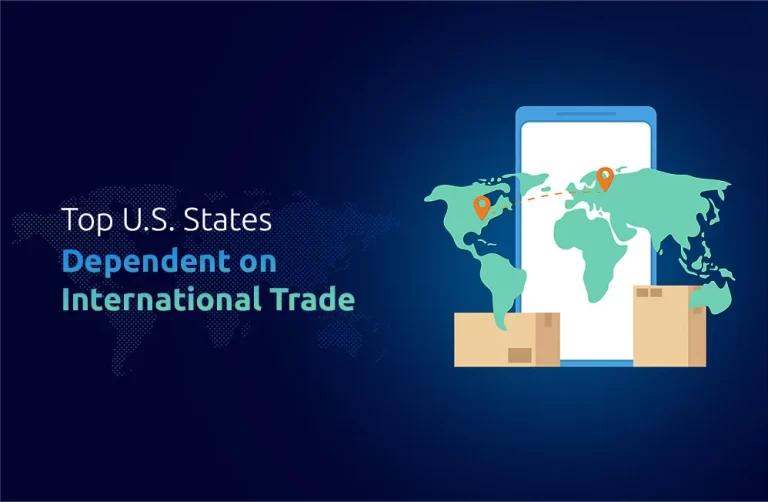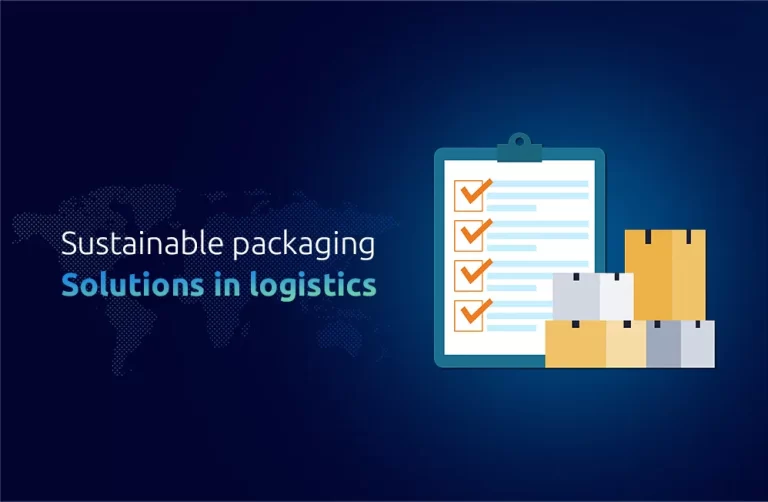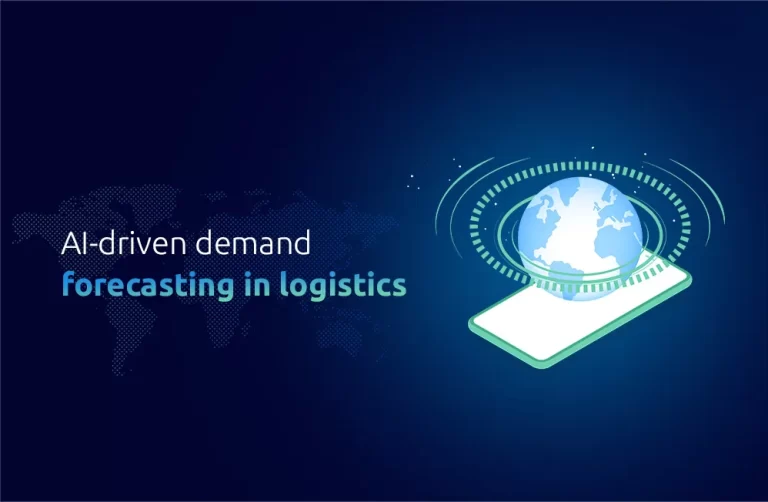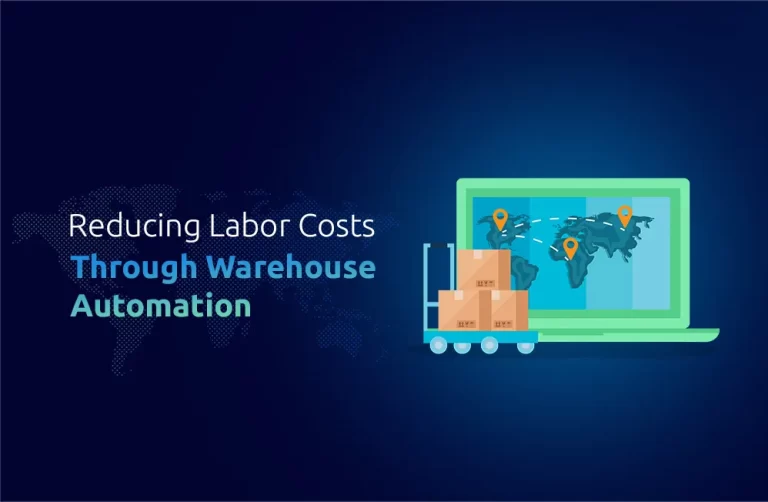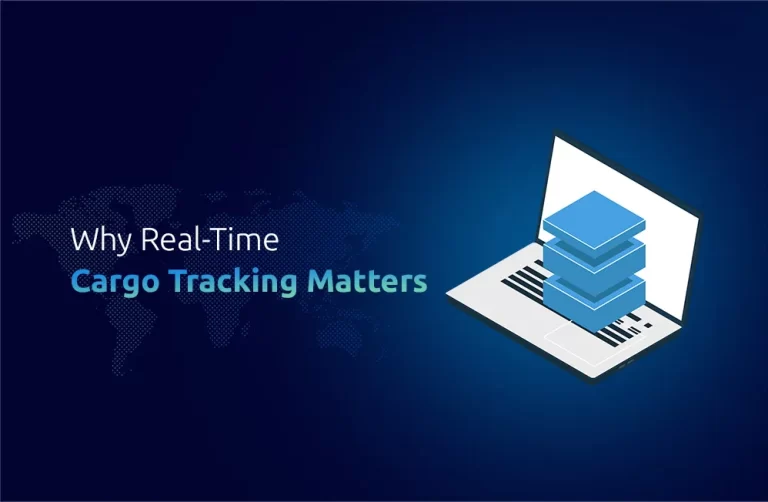Trade compliance in Australia covers statutes for exporting, importing, and employing cloud computing services. These regulations defend data protection, fair competition, and intellectual property. Industries must comprehend and follow trade compliance to operate lawfully and evade tribulations.
Enterprises in Australia are required to select cloud providers that comply with Australian regulations and industry criteria. Agreements and service contracts must deal with data handling, protection standards, and trade compliance. This article will examine the trade compliance of cloud computing in Australia and other significant facts.
Comprehending cloud computing and its significance in the business world
Cloud computing in Australia enables both consumers and organizations to use computer resources without the need for physical infrastructure. Pay-per-use software, servers, and apps are all included in this. Businesses and people with low resources benefit from this since expensive gear can be stored and preserved. Additionally, the pay-per-use approach guarantees easy procedural scalability.
Businesses have completely changed due to cloud computing’s potential to reduce costs, scale, and improve collaboration. Businesses don’t need physical infrastructure to access computer resources on demand, which reduces costs and frees them up to focus on their core competencies. Thanks to this transition, industries may now operate in the market with more responsibility and agility.
The influence of Australian cloud computing on multinational trade
Cloud computing has intensely impacted multinational trade by enabling corporations to develop and access international markets. Through cloud-based solutions, enterprises can cooperate globally, boosting global trade and new options. Nevertheless, these improvements also bring about custom compliance challenges.
Challenges of Trade compliance in the context of cloud computing
Cloud computing poses trade compliance challenges for companies, especially related to data privacy and protection. Storing and processing data in the cloud may be subject to altering statutes across diverse nations, making it challenging for industries to assure compliance. Some nations also restrict storing or processing specific data outside their borders, which can impede corporations that depend on multinational cloud services.
One challenge in cloud computing is data protection troubles, the transferring of technology, and intellectual property throughout borders. This raises troubles about protecting and licensing intellectual property, as corporations should comply with local statutes to employ and transmit software and additional assets
Pivotal trade compliance deliberations for cloud computing in Australia
Industries in Australia are required to evaluate data safety and privacy regulations when it comes to trade compliance in cloud computing. The Australian Privacy Act delineates provisions for dealing with personal data, so corporations should have appropriate data safety criteria and comply with these laws.
Companies in Australia must take into account the nation’s export control laws, which may need authorizations or permits for exporting particular technology and software. It is essential for corporations to be aware of these laws and comply with any licensing provisions when employing cloud services that include transferring technology globally.
Cloud computing can influence trade and import statutes due to data transfer across borders. Industries must be aware of Australian trade and import rules to guarantee compliance.
As cloud computing Australia continues to grow, enterprises must navigate evolving legal frameworks, particularly concerning trade compliance for data storage. Adhering to customs compliance guidance in Australia is vital for companies to ensure lawful cross-border data flows and maintain competitive advantages. Aligning with local and international standards helps prevent regulatory penalties and enhances business trust
Best techniques for trade compliance in cloud computing
Conducting risk assessment: Enterprises can assure trade compliance in cloud computing by executing a risk assessment to specify and mitigate any probable hazards associated with their usage of cloud services.
Strategies: Companies must establish approaches and strategies to fulfill trade compliance prerequisites, such as data security, export management, and trade compliance. These approaches must outline the essential measures for adhering to relevant statutes and rules.
Hire expert: Industries should hire a trade compliance professional or adviser to navigate the complex custom compliance terrain. These professionals can assist industries in understanding industry-specific provisions and provide entire compliance.
Conclusion
Trade compliance is significant for corporations employing cloud computing in Australia. It is also noted that Cloud services bring challenges related to data privacy, intellectual property security, and trade ordinances. Enterprises must understand the regulations and take measures to comply.
In this case, One Union Solutions provides effective and reliable trade compliance solutions for cloud computing industries. Our team of proficients assists in navigating complicated statutes, assuring entire compliance. Partnering with One Union allows industries to concentrate on cloud advantages while keeping compliant. Contact us today to attain trade compliance in the cloud era.
FAQs
Why is custom or trade compliance significant in cloud computing in Australia?
Trade compliance is vital in cloud computing as it guarantees industries follow Australian statutes when transferring and storing data across boundaries. It also influences the preference of cloud service providers and data handling methods. When it comes to reliable trade compliance solutions, then get in touch with One Union Solutions.
Are there data transfer laws for cloud computing in Australia?
Australia has data security and privacy statutes, such as the Australian Privacy Principles (APPs) and the Privacy Act 1988, which control how industries oversee private data comprising cloud storage.
How can One Union Solutions assist corporations in adapting to evolving trade compliance prerequisites in cloud computing?
One Union Solutions supports enterprises by monitoring regulatory modifications in cloud computing, executing compliance examinations, and offering 24/7 services. Partnering with us can assist corporations in navigating the intricacy of trade compliance in cloud computing while meeting Australian regulatory necessities.

